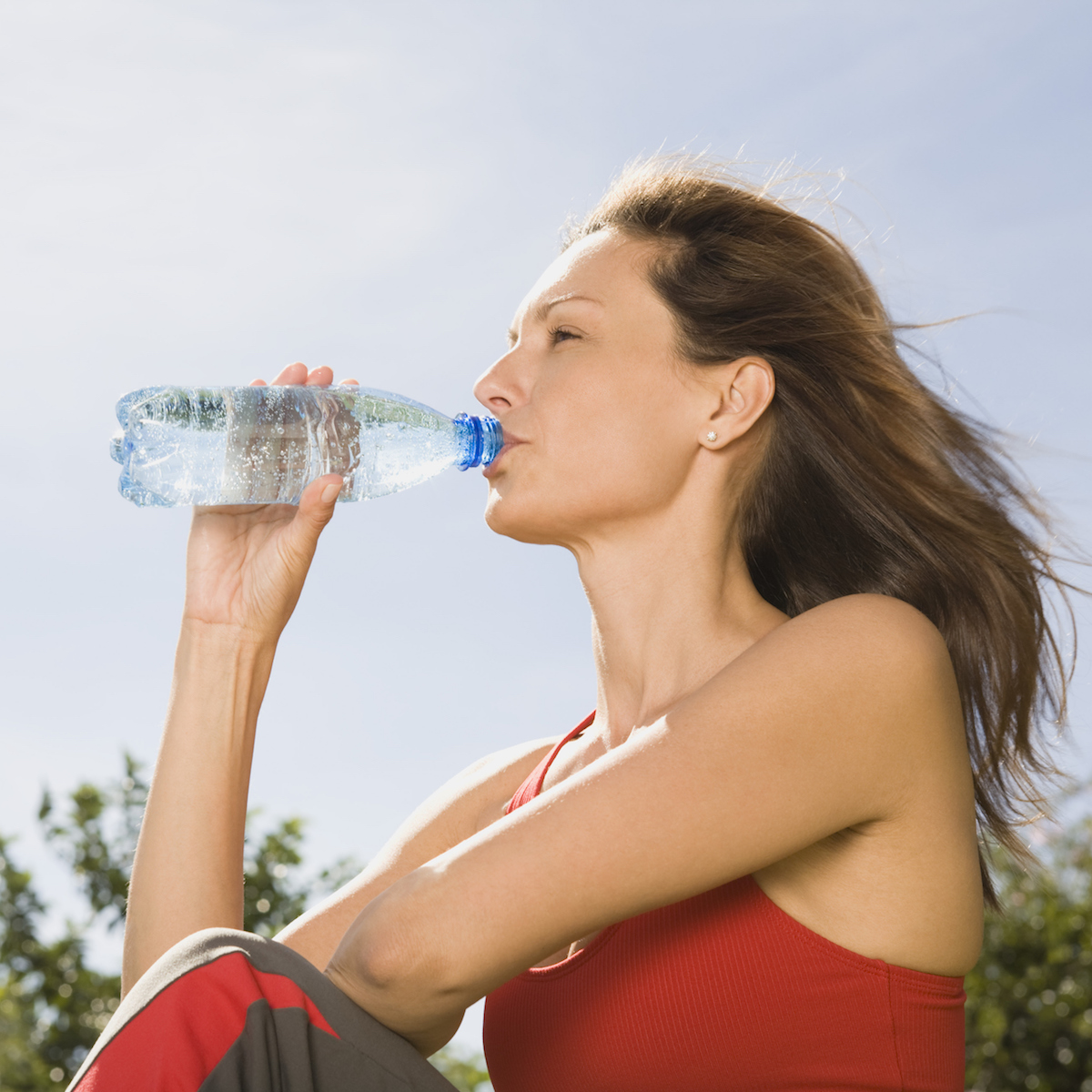
3 Summer Self-Care Strategies
The Calli InstituteWhat are some self-care activities to support our overall wellness during the hot summer months? Staying hydrated, using sunscreen and avoiding heat exhaustion is a great place to start!
Stay hydrated. Our bodies are 70% water. Besides oxygen, water is the most important thing our bodies need. Water is required for the digestion and absorption of food, regulating body temperature and blood circulation, moving nutrients and oxygen from our blood to our cells and helping our kidneys remove toxins and other wastes from our system.
Another health benefit of water is its role in fat metabolism. When we are dehydrated, our kidneys cannot eliminate waste as effectively and will turn some of its workload over to the liver. If the liver is doing the kidneys’ work, the kidneys are unable to break down fat. This is why we are encouraged to drink plenty of water when trying to lose weight.
How much water do we need to drink? An average-sized adult uses as much as 10-12 cups (80-96 ounces) of water every day just to breathe, digest food, eliminate waste and perspire. We lose even more water during boiling weather and vigorous activity. It is recommended we drink half our body weight in ounces of water each day.
Use sunscreen. Yes, we crave the warm glow of sun-kissed skin. However, we put ourselves at risk when we do not protect our skin from the wrinkles, burns, cancer caused by UVA and UVB rays. Skin cancer is the most common form of cancer in the Unites States. Risk factors include:
- Light-colored complexion
- Family history of melanoma
- Age 40 or older
- Sun exposure and sunburn
Skin cancer can develop in anyone, even young people and those with dark skin, hair and eyes. Between 10 a.m. and 4 p.m. is the most hazardous time for UV exposure. UV rays can also reach you on cloudy or hazy days.
Sunscreen can reduce your risk, working to absorb, reflect and scatter sunlight. The American Academy of Dermatology recommends using an SPF of at least 30. Other prevention tips include seeking shade, wearing loose-fitting long-sleeved shirts and pants, wearing hats with a brim and wearing sunglasses with UV protection.
Avoid heat exhaustion. Anyone can develop heat exhaustion and children under and adults older than 65 have the highest risk. Certain medications, such as those for high blood pressure, allergies, and some sedatives and antipsychotics can affect the body’s ability to regulate temperature. Obesity also puts people at greater risk for heat-related illnesses. Heat exhaustion symptoms include:
- Cool, moist skin with goose bumps even in the heat
- Heavy sweating
- Faintness
- Dizziness
- Fatigue
- Weak, rapid pulse
- Muscle cramps
- Nausea
- Headache
If any of these heat exhaustion symptoms occur, stop all activity, move to a cooler place, drink water and seek medical attention if symptoms persist or worsen. Self-care is important for our health and overall wellness year-round. Summer is a special time, so let’s make this one fun and safe!
